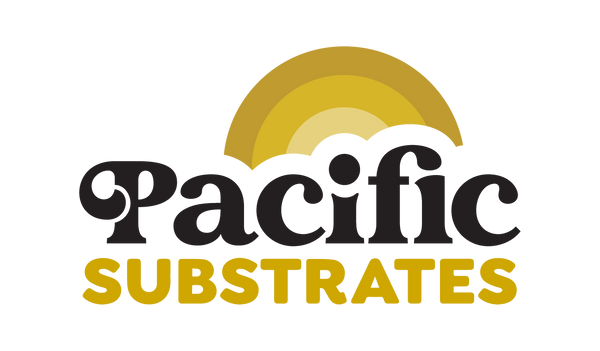Resources
PennState Extension offers information and resources on mushroom production, including species and varieties, pests and diseases, weed management, personal safety, and business management.
Cornell Small Farms Program supports and encourages the sustainability of diverse, thriving small farms. The program provides farmers with access to research-based information and resources, as well as technical assistance and training.
Cornell Mushroom Blog features articles on a variety of mushroom-related topics, including identification, cultivation, and foraging. The blog is written by experts in the field of mycology, and it provides a wealth of information for mushroom enthusiasts of all levels of experience.
Fungi Ally and Cornell Small Farms provide cultivators with information on growing, marketing, and value-added products for a variety of specialty mushrooms. The publication is a valuable resource for anyone interested in diversifying their farm or starting a mushroom business.
USDA and Cornell Annual Mushroom Report presents data on the U.S. mushroom industry, including area, production, sales, price, value, growers, and intentions for the coming year.
USDA Food Safety and Inspection Service provides guidance on Good Agricultural Practices (GAP) and Good Handling Practices (GHP) for mushrooms. GAPs help ensure the safety of mushrooms from the farm to the table, while GHPs help prevent contamination of mushrooms during harvesting, packing, and storage.
UC Berkeley John Taylor Lab is a fungi research lab focusing on the ecology, evolution, and genetics of fungi, as well as the development of new methods for using fungi to improve human health and the environment.
MycoWorks Resources provides a collection of articles, videos, and other materials regarding mushroom cultivation, spawn, and substrate. Learn more about mycelium-based materials and the potential of fungi to create a more sustainable future.

